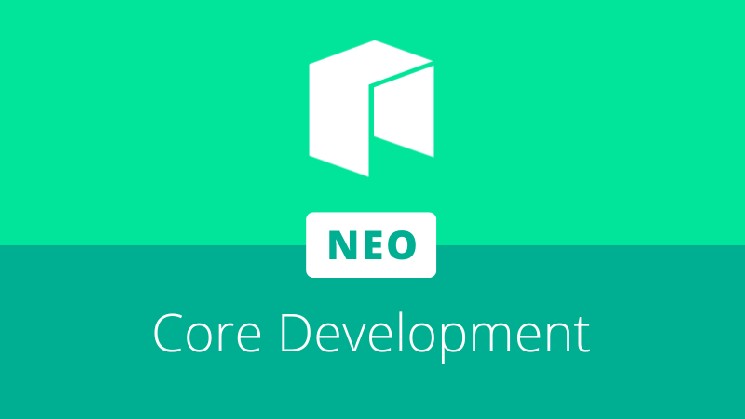Neo’s core development team began recording and publishing coordination calls, giving the community direct access to technical discussions and decision-making processes. The recording of the first call, which took place on October 23rd, has now been made public.
This move aims to improve transparency by allowing community members to observe how core contributors evaluate proposals, solve challenges, and shape roadmaps. While the conference primarily focused on pull requests and future development plans, its broader significance lies in bringing what was previously an internal process to the public, an important step toward more open development workflows.

Main discussion topics
In addition to announcing the steps, the developers reviewed several ongoing technical efforts.
- Free Agreement Whitelisting (#4201): Discussion focused on final implementation details and the challenge of tracking whitelisted transaction costs against maximum block execution fees.
- Decimal execution fee factor (#4202): The team debated whether to change only the execution fee or apply the new decimal granularity more broadly. The consensus tilted toward making more minimal changes to avoid unnecessary disruption.
- NEP-25 (#4043): Developers considered improving circular reference checking within type definitions and agreed to limit the restriction to top-level self-referential structures.
- Post-Quantum Cryptography (#4239): The team explored the feasibility of integrating post-quantum signature schemes with hash upgrades. The discussion emphasized a prudent approach, focusing first on hybrid encryption and preparing the infrastructure for future flexibility.
- Dynamic block spacing (#4241): Participants considered how block times can dynamically adapt to network conditions. This conversation included the potential need for a slash mechanism or reputation system to thwart manipulation by consensus nodes.
- Native Contracts and Curves Support: Tasks related to adding native Curves and Ethereum-compatible aliases were easily approved and assigned follow-up work.
- Roadmap Strategy: Developers debated whether to release future features all together in Neo v4.0 or in stages in versions 3.9, 3.10, and beyond. It was stated that shipping incremental improvements would better support ecosystem readiness.
This new practice of recording development calls makes Neo’s development process more accessible to ecosystem stakeholders, developers, and interested community members. The team plans to continue releasing sessions in the future to ensure a wider audience is informed about the ongoing evolution of the protocol.
The full recording can be found at the link below.
https://youtu.be/SknHycIh9gw






